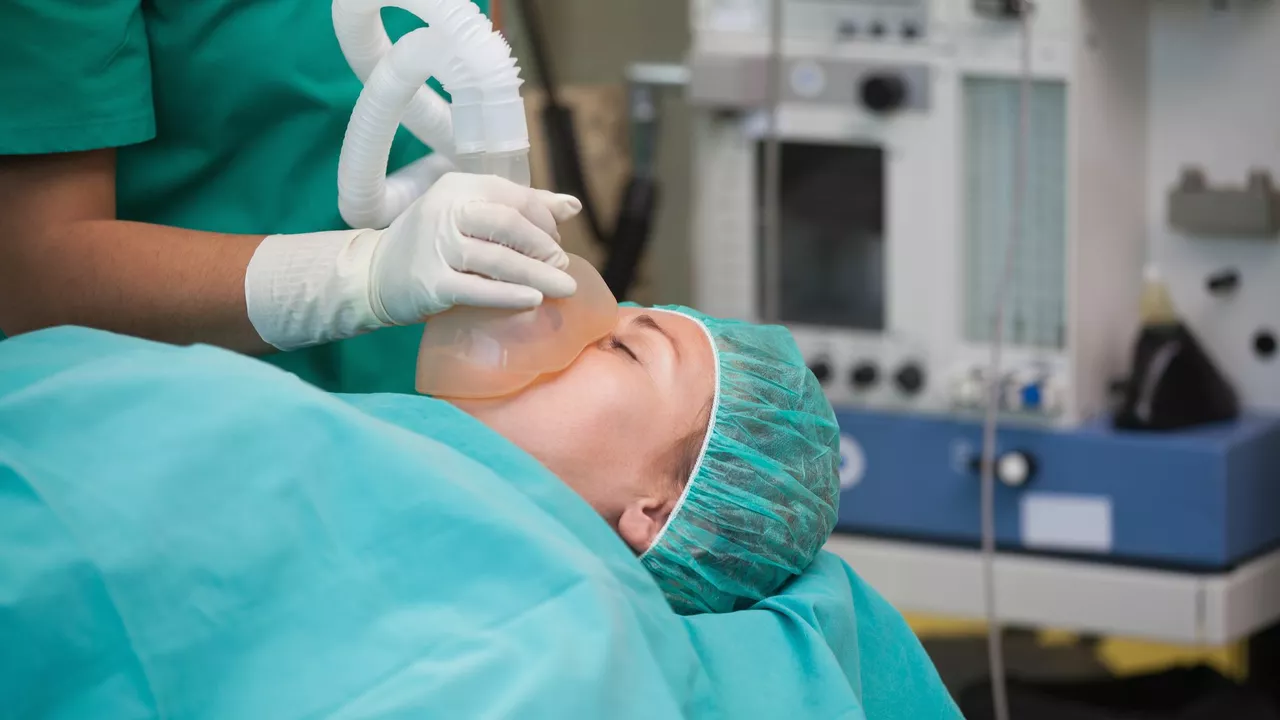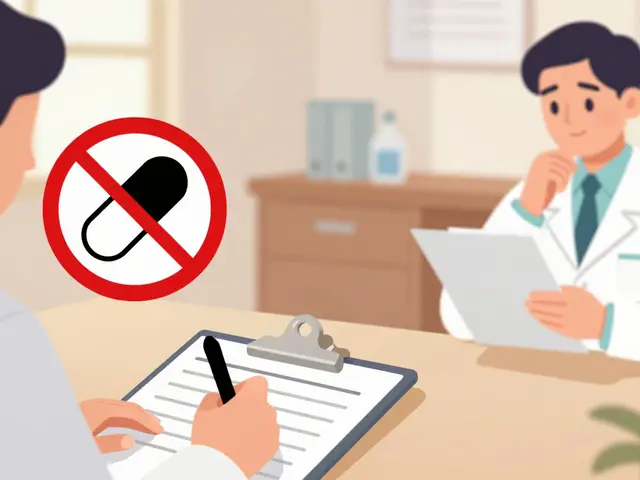Anesthesia Explained: What You Should Know Before Your Procedure
If you've got a surgery or a medical procedure coming up, you've probably heard the word "anesthesia" tossed around. But what exactly is it? Simply put, anesthesia is a way doctors help you avoid pain during procedures. It's the reason you don't feel every cut, poke, or stitch when you're undergoing treatment. Whether it’s a small dental filling or a big surgery, anesthesia makes those moments much easier to handle.
There are a few common types of anesthesia you'll likely encounter. First, there's local anesthesia, which numbs a small area—like when you get a shot at the dentist. Then comes regional anesthesia, which blocks pain in a larger part of the body, such as an arm or leg, often used during childbirth or some surgeries. Finally, general anesthesia is when you're put to sleep with medication, so you don't feel or remember anything while the doctors work.
How Does Anesthesia Keep You Safe?
Many people worry about the risks of anesthesia, and that's normal. Anesthesia nowadays is very safe, especially with the advancements in monitoring technology and expert care by anesthesiologists. These specialists keep a close eye on your heart rate, breathing, and blood pressure throughout the procedure so they can adjust medications as needed. They also consider your health history and any medicines you're taking to pick the safest approach.
After the procedure, you might feel a bit groggy or dizzy—that's normal as the anesthesia wears off. Sometimes, nausea or a sore throat from the breathing tube can pop up, but these symptoms usually disappear quickly. It’s important to follow doctors’ instructions closely, like resting and avoiding certain activities, until you’re fully recovered.
Tips to Prepare for Anesthesia
Before your procedure, your doctor or nurse will give you a checklist to help you get ready. Usually, this means not eating or drinking anything for several hours beforehand. Why? Because an empty stomach reduces the chances of vomiting during anesthesia, which can cause complications. Also, be honest about your health conditions, allergies, and any herbal supplements you're taking, as these can affect anesthesia choices.
Ask questions if you’re unsure—like what type of anesthesia you’ll get, what to expect during recovery, and any specific concerns you might have. Knowing what’s coming can ease a lot of anxiety and help you feel more in control. Remember, anesthesia is there to keep you comfortable and safe, so trust in the care team’s expertise and speak up whenever you have doubts.
In short, anesthesia is a powerful tool that helps you get through medical procedures without pain and with peace of mind. Understanding the basics and preparing well can make the whole experience smoother and less stressful. Got a procedure planned? Now you know what anesthesia is all about and how it works to keep you safe and comfortable.
Bemzocaine in Eye Surgery: What You Need to Know
Well, folks, today's topic is an eye-opener! We're talking about Bemzocaine in eye surgery - a subject that might seem perplexing, like trying to solve a Rubik's cube in the dark, but stick with me. Bemzocaine, you see, is our eye's best friend during surgery - it's a local anesthetic that numbs our peepers and makes sure we're not wincing in discomfort. With Bemzocaine, your eye is as relaxed as a cat in a sunbeam during the whole procedure. So, next time you're in for an eye check-up, give a wink to Bemzocaine, the unsung hero of ocular operations!






